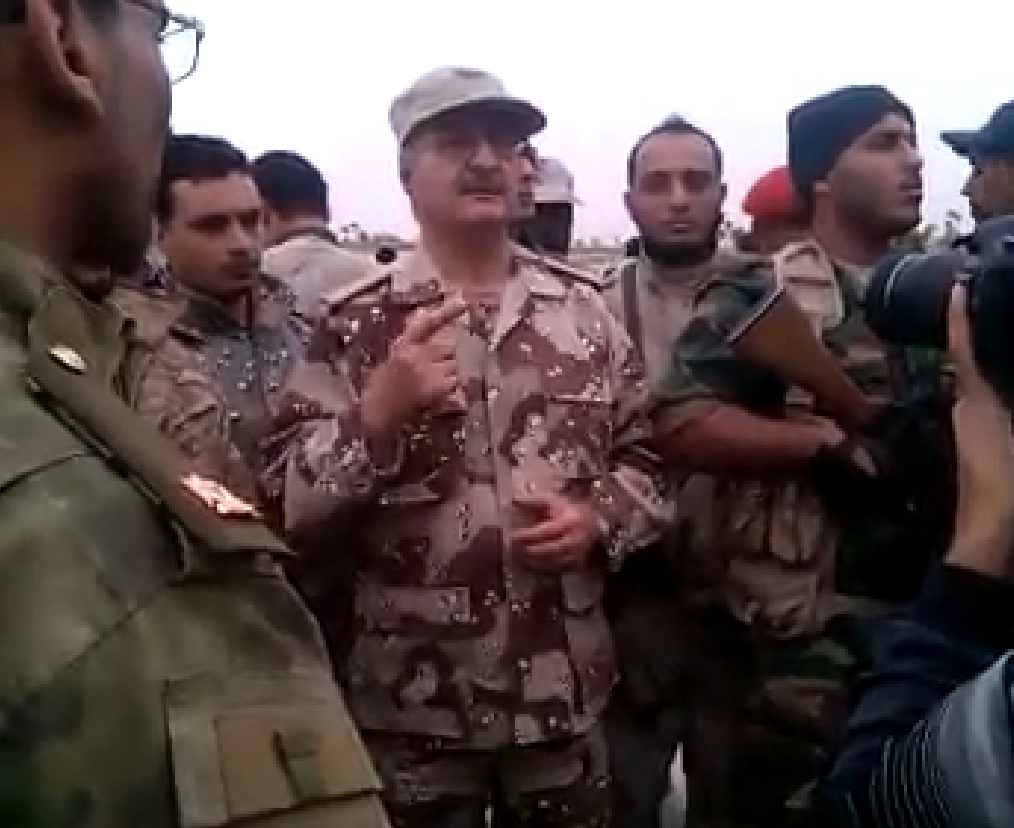By Hadi Fornaji.
Tripoli, 5 November 2014:
Zintani forces defending Tripoli International Airport are being implicated in the deployment of anti-personnel mines, banned . . .[restrict]by an international treaty to which Libya is not yet a signatory.
Human Rights Watch today produced a report in which it said there was credible evidence that one or more militia groups had used antipersonnel mines during the fight for the airport. The use of these devices constitutes a war crime.
HRW said that it had not been possible to work out which groups had been responsible for laying the deadly weapons. It had contacted the mayor of Zintan, Mustafa Al-Barouni who had denied Zintani forces had used either anti-personnel or anti-vehicle land mines during the battle.
HRW urged Libya Dawn forces, which now control the burnt-out remains of Tripoli International Airport to destroy surviving stockpiles and make sure that all remaining planted mines were cleared according to international standards.
“The use of antipersonnel land mines by any party anywhere is unacceptable” said Stephen Goose, director of HRW’s Arms Division, ” All parties should order their forces to stop using land mines and destroy any stocks immediately”.
Goose and HRW co-founded the International Campaign to Ban Land Mines (ICBL), an initiative recognised by the 1997 Nobel Peace Prize. Libya is not party to the mine-ban treaty which led to the award.
HRW pointed out however, that at the UN on Monday, Libya had backed a non-binding General Assembly resolution supporting the ban. However the UN had been told that the Thinni government was not yet able to sign up to the treaty.
HRW said that they had been told last Saturday by a senior United Nations Mine Action Service (UNMAS) official in Libya that the UN has no “confirmed information” on the mine use at Tripoli Airport.
In addition, representatives of international mine action operators working in Libya told HRW that they could not comment on the use of mines at Tripoli Airport as their staff have been unable to access the site.
HRW said however that the commander of a Misratan engineering unit had told them that in just over two months, his men had cleared around 600 mostly antipersonnel land mines, mostly apparently made in Brazil.
HRW has warned that those who commit or are associated with the commission of war crimes, are subject to prosecution either in Libya or the International Criminal Court in the Hague. [/restrict]







